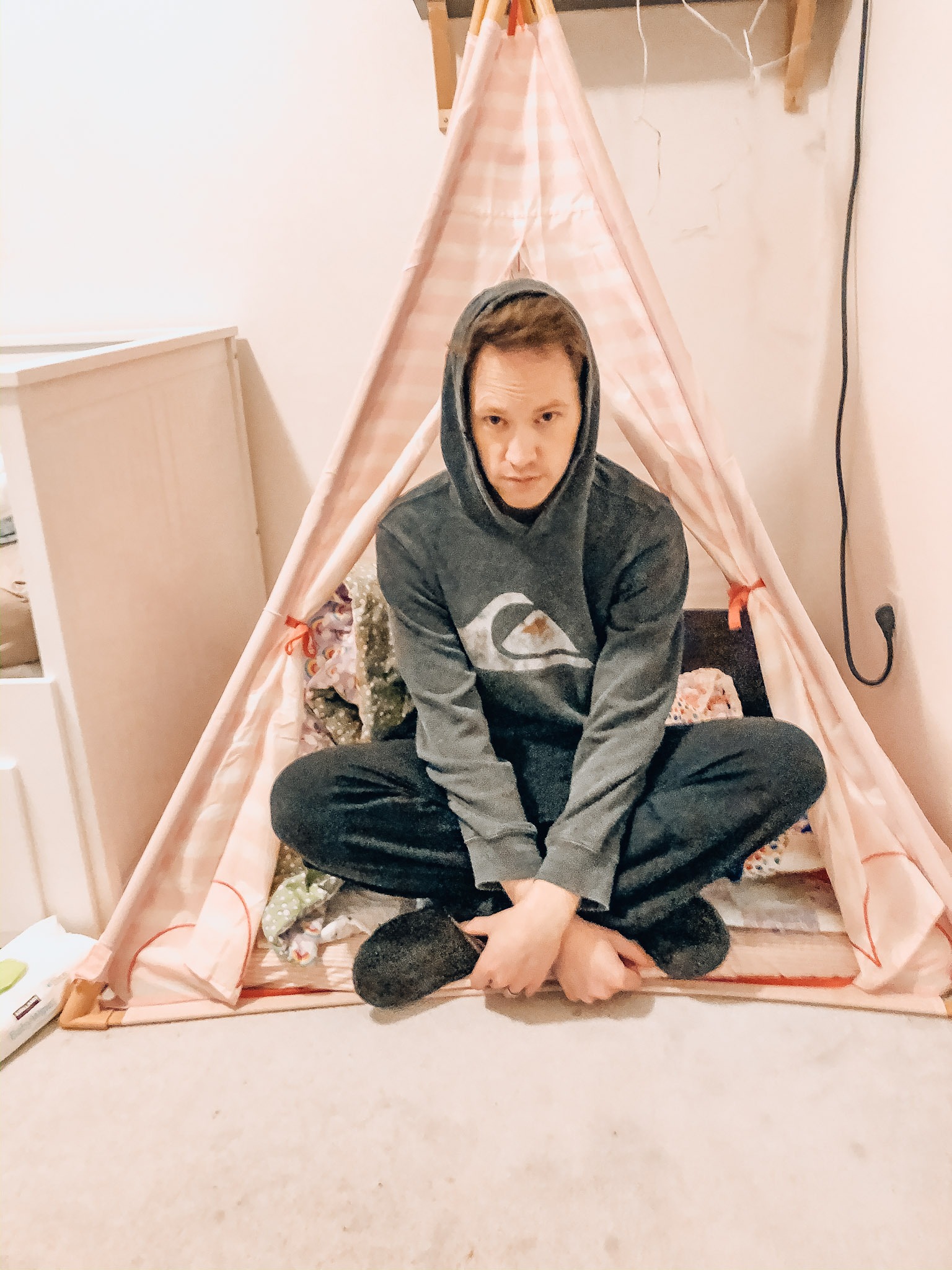First, I need to mention that I am in no way, shape or form a medical expert. If you’ve come here looking for medical advice, you have come to the wrong place. Please visit the World Health Organization website the Alberta Health Services website, or your local healthcare website.
Because I’m not an expert, the following views and opinions are amalgamated from sources around the internet that I have acknowledged. The idea of this post is to give you an idea of how to talk to your children and things to do with your children at home as we head into largely uncharted territory for most of the world with kids and coronavirus.
If you have any questions, concerns, comments, or suggestions please leave a comment or contact me. You can also see all the things WE are doing by following along on Instagram.
How to talk to your kids about kids and the Coronavirus (COVID-19)
KidsHealth recommends the following:
Find Out What Your Child Already Knows
Ask questions geared to your child’s age level. For older kids, you might ask, “Are people in school talking about coronavirus? What are they saying?” For younger children, you could say, “Have you heard grownups talking about a new sickness that’s going around?” This gives you a chance to learn how much kids know — and to find out if they’re hearing the wrong information.
Follow your child’s lead. Some kids may want to spend time talking. But if your kids don’t seem interested or don’t ask a lot of questions, that’s OK.
Offer Comfort — and Honesty
Focus on helping your child feel safe, but be truthful. Don’t offer more detail than your child is interested in. For example, if kids ask about school closings, address their questions. But if the topic doesn’t come up, there’s no need to raise it unless it happens.
If your child asks about something and you don’t know the answer, say so. Use the question as a chance to find out together. Check the Centers for Disease Control and Prevention (CDC) website for up-to-date, reliable information about coronavirus (COVID-19). That way, you have the facts and kids don’t see headlines about deaths and other scary information.
Speak calmly and reassuringly. Explain that most people who get sick feel like they have a cold or the flu. Kids pick up on it when parents worry. So when you talk about coronavirus and the news, use a calm voice and try not to seem upset.
Give kids space to share their fears. It’s natural for kids to worry, “Could I be next? Could that happen to me?” Let your child know that kids don’t seem to get as sick as adults. Let them know they can always come to you for answers or to talk about what scares them.
Know when they need guidance. Be aware of how your kids get news and information, especially older kids who go online. Point them to age-appropriate content so they don’t end up finding news shows or outlets that scare them or have incorrect information.
Help Kids Feel in Control
Give your child specific things they can do to feel in control. Teach kids that getting lots of sleep and washing their hands well and often can help them stay strong and well. Explain that regular hand washing also helps stop viruses from spreading to others. Be a good role model and let your kids see you washing your hands often!
Talk about all the things that are happening to keep people safe and healthy. Young kids might be reassured to know that hospitals and doctors are prepared to treat people who get sick. Older kids might be comforted to know that scientists are working to develop a vaccine. These talks also prepare kids for changes in their normal routine if schools or childcare centers close in the future.
Put news stories in context. If they ask, explain that death from the virus is still rare, despite what they might hear. Watch the news with your kids so you can filter what they hear.
Kids and teens often worry more about family and friends than themselves. For example, if kids hear that older people are more likely to be seriously ill, they might worry about their grandparents. Letting them call or Skype with older relatives can help them feel reassured about loved ones.
Let your kids know that it’s normal to feel stressed out at times. Everyone does. Recognizing these feelings and knowing that stressful times pass and life gets back to normal can help children build resilience.
Keep the Conversation Going
Keep checking in with your child. Use talking about coronavirus as a way to help kids learn about their bodies, like how the immune system fights off disease.
Talk about current events with your kids often. It’s important to help them think through stories they hear about. Ask questions: What do you think about these events? How do you think these things happen? Such questions also encourage conversation about non-news topics.

What’s the single most important thing we can do to protect our kids?
NPR spoke with a number of healthcare professionals and has this to say.
Make sure they understand that hand-washing isn’t optional. And that means showing them how to do it properly: using soap, warm water and time. Washing should take 20 seconds, which means you may need to help them find a song they can sing (in their heads, maybe twice) — like the ABCs or “Happy Birthday” songs. Be sure they wash whenever they come in from outside, before eating, after coughing or sneezing or blowing their nose and, of course, after using the bathroom.
For younger kids, it can’t hurt to remind them that nose-picking is a no-go, and that they should cough into their elbows. If you’re feeling ambitious, clip their fingernails frequently, as they provide a sneaky hiding spot for viruses. Hand lotion keeps skin comfy and unbroken, which also helps prevent the spread of infection.
Things to do at home
- Get outside – As long as you’re staying away from large crowds, getting outside is good for you and your kids both physically and mentally. Go for a walk, a bike ride, a hike, or even just to the local playground.
- Get creative with video chats – Check in with grandparents and cousins. You could even set up a playdate with friends over facetime, Zoom or Google hangout.
- Try giving your kids more responsibility – You can try giving your kids more responsibility for things around the house. Have them help with laundry, cleaning or have them help cook a meal. Dashing Mom put together some great tips on cooking with your kids here.
- Play games and do crafts – this is an obvious one and there are some awesome suggestions of things to do at home here.
- When all else fails, family movie time – We all want to limit screen time for our kids, so take the necessary recommended screen times into account, however, let’s not beat ourselves up for watching Frozen for the 10,000 time.
We can all get through this together. While it’s called self-isolating, and social distancing, we’re not alone. In fact, we’re more connected than ever as we band together to stop the spread of disease.
Have any questions/comments about kids and the coronavirus? Leave a comment below.

Leave a Reply